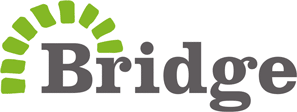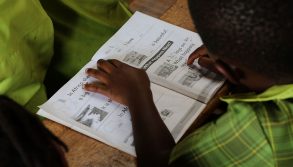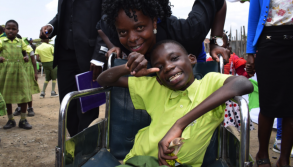Education is bliss
19 March 2019
What do you think makes you happy? Have you ever thought that your happiness is enabled by your education? As we celebrate the International Day of Happiness, we’ll explore why it’s perfectly possible that an educated person could be a happier person. Beginning in 2013, the Day of Happiness has called upon policymakers annually to put happiness at the heart of their endeavours — believing it to be the truest measure of success in life.
Fundamentally, the day is borne of the belief that progress is meaningless if it’s unsustainable, people get left behind or they become unhappy as a consequence. Bridge has always believed that education is the surest foundation for positive progress; whether it be social, economic or indeed, personal. This is a belief that has been gathering momentum — evidenced by a shift in attitude and rhetoric from a focus on inputs (money, resources, promises) to outcomes (value, impact, results).
Bridge has always taken this approach to focusing on outcomes, which contributes towards happy pupils and teachers both in the short and long term. Good teaching and learning can underpin happiness. Evidence of this can be found in the 2018 Varkey Foundation Global Parent Survey covering 29 countries — developed and developing — in which 30% of parents surveyed put their child’s happiness in their top three priorities for school selection. This made it the third most popular factor influencing choice overall behind Quality (45%) and Location (45%).
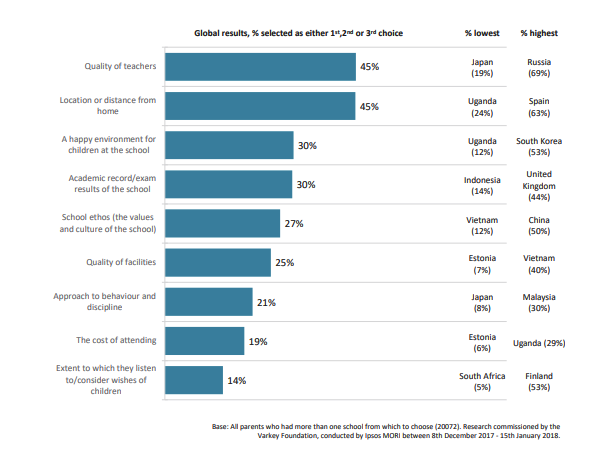
On the surface, it seems self evident: children learn best when they’re happy, so it’s in the interest of schools – and indeed systems – to create positive learning environments. Recent Parent Satisfaction Surveys at Bridge revealed that 95%, 97% and 98% of Nigerian, Ugandan and Kenyan parents respectively reported that their child was happy at school. Creating an environment free from fear or punishment and where children have the confidence to fully participate and engage not only improves learning outcomes but also confidence and feelings of self worth. Happiness is of course very subjective but as a base, education gives individuals a platform to exercise expression, choice and a whole host of other privileges, such as improved health, better incomes and more opportunities.
Martin Luther King Jr. once said: “Intelligence plus character. That is the goal of true education.” Faithful to these words, we must develop an understanding of human well-being whereby education doesn’t just passively improve happiness, but takes an active role in its promotion from an early age.
In light of the Day of Happiness, we should be considering the fundamental role that education plays in enabling happiness. The benefits of an educated individual, population and community are well documented when it comes to peace, stability and prosperity but is there enough focus on the benefits in terms of happiness? As the global shift in attitudes to wellbeing gathers pace — education will be pivotal.
Happiness, like education, cuts through every Global Goal. Bridge is proud of its commitment to ensuring schools are happy places for our pupils. But, even prouder that the educational foundation they are being provided with may go on to to help them build happier families and communities.
And so it seems, ignorance is not bliss. Education is bliss.

